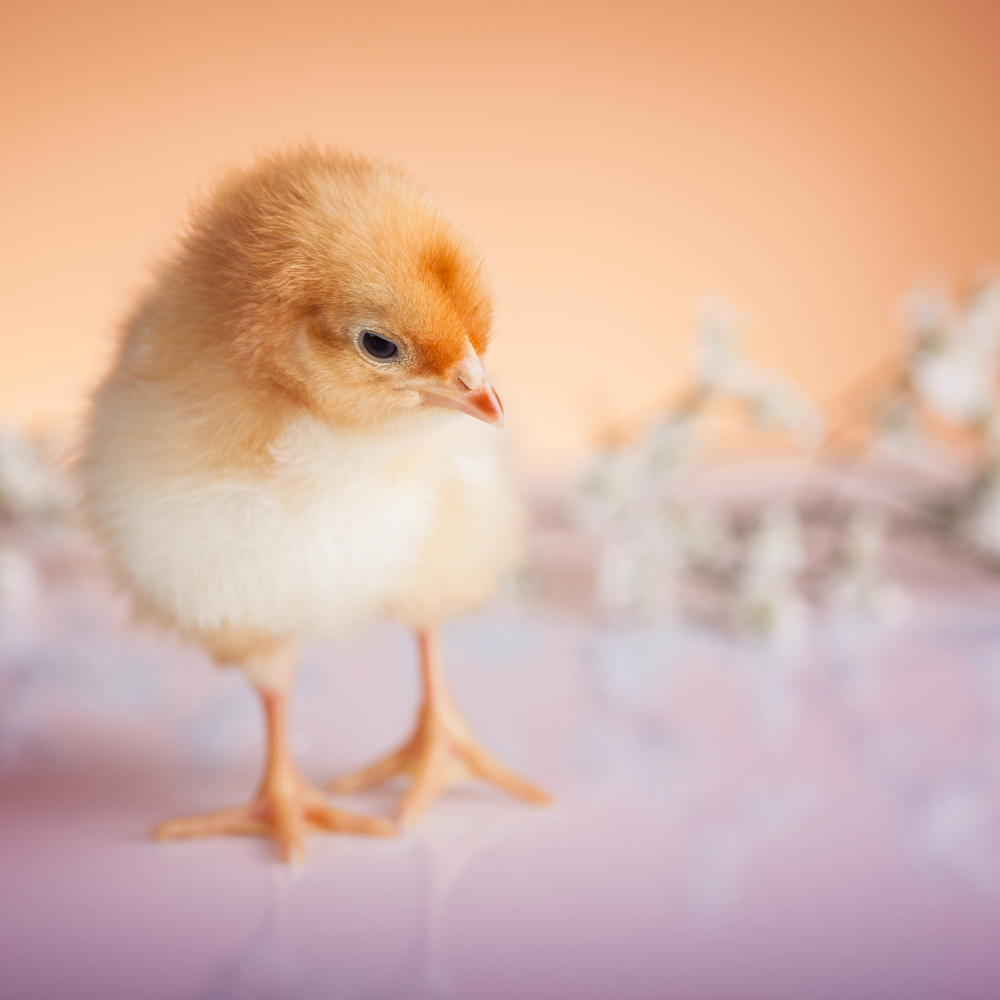
As of Tuesday, restrictions on the sale of free-range eggs in the majority of the United Kingdom will be eased. The move has been applauded on animal welfare principles, but according to experts, the H5N1 virus is still circulating and poses a continuing threat to wild birds.
The Royal Society for the Protection of Birds (RSPB) anticipates a repeat of last year's "catastrophic" impact on breeding colonies during the world's largest ever bird flu outbreak. The government stated that the virus posed a significant threat to wild animals.
Eggs laid by poultry with access to outdoor areas can once again be marketed as "free-range" due to the removal of restrictions. Robert Gooch, chief executive officer of the British Free-Range Egg Producers Association, mentioned that this is good news for birds that have been kept indoors over the winter, as well as for consumers who wish to purchase free-range eggs.
However, some producers are experiencing apprehension due to the continued presence of bird flu in wild birds. He added that the price of free-range eggs has increased over the past year due to egg shortages caused in part by bird flu and primarily by producers quitting due to low prices from retailers.
The easing is a result of the widespread return of seabirds to the UK coast to nest. Director of advocacy and policy for the RSPB, Jeff Knott, told sources that the problem for wild species has not vanished. The UK and the rest of the globe experienced the largest outbreak of bird flu in history during the past year.
The H5N1 virus caused tens of thousands of seabird fatalities. Dozens of migratory avian species were affected, including buzzards, golden eagles, herring gulls, and gannets. Infected mammals also included otters, foxes, seals, and dolphins.
Meanwhile, there were hundreds of outbreaks at poultry farms, resulting in the culling of four million fowl. In England, Wales, and Northern Ireland, free-range poultry was required to be brought inside to prevent contact with wild animals.
The lodging order was never implemented in Scotland after the country's chief veterinarian determined that the evidence did not support such a move.
With the exception of a few small areas in England and Wales where protection zones remain in effect, the threat presented by the virus is now deemed to be low enough to permit free-range poultry and captive birds to be kept outside throughout the United Kingdom. Farmers will be required to implement stringent biosecurity measures and exclude birds from areas where untamed birds congregate.
Prof. James Wood of the University of Cambridge's department of veterinary medicine applauded the initiative. However, the threat to wild animals is by no means eliminated.
Only a week ago, conservationists warned that the H5N1 virus could endanger the survival of certain avian species in Scotland. Jeff Knott stated that it was a waiting game to see if the disease would cause catastrophic mortality again or if the birds have developed immunity and will be protected.
They stated that £1.5 million had been invested in a research initiative to determine the behavior of the disease in both wild and captive birds, and that the outbreak would continue to be monitored. The public is instructed not to touch dead wild birds, but to instead notify them to the authorities.



